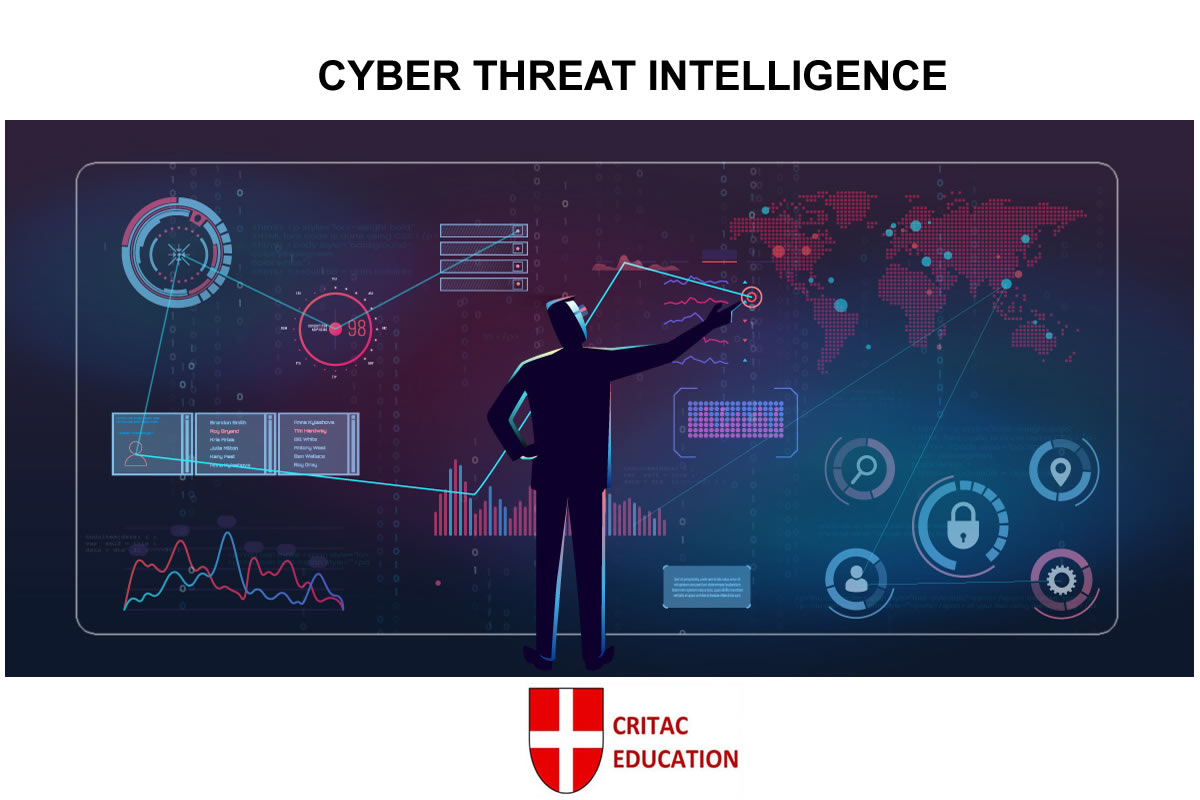In today's digital landscape, where technology is at the heart of business and personal life, the "Cyber Threat Intelligence Fundamentals" course takes on paramount significance. The course embarks on a comprehensive journey into the rapidly changing and complex realm of cyber threat intelligence, equipping professionals with the tools and insights required to navigate this intricate landscape.
Cyber threats are not static; they are dynamic and ever-evolving, adapting to new vulnerabilities, exploiting weaknesses, and posing significant risks to individuals, organizations, and even nations. To counter these threats effectively, it is imperative to empower professionals with the knowledge and skills necessary to not only recognize and comprehend these threats but also to take proactive measures to mitigate them.
Course's significance:
-
Understanding the Shifting Landscape: The course acknowledges that the cyber threat landscape is not a static picture but a constantly evolving mosaic. As new technologies emerge and digital environments expand, so do the tactics, techniques, and procedures employed by threat actors. It is essential for professionals to stay updated with these developments.
-
In-Depth Exploration: The course delves deep into the various facets of cyber threat intelligence. It goes beyond the superficial and equips participants with a profound understanding of the intricacies involved in identifying and combating cyber threats.
-
Applied Knowledge: It is not enough to merely understand the theoretical aspects of cyber threats. The course places a strong emphasis on practical knowledge and skills. Participants are encouraged to apply what they learn to real-world scenarios, ensuring that they can effectively address threats in practice.
-
Holistic Approach: The course takes a holistic approach, covering a wide spectrum of topics, including threat actors, the cyber kill chain, indicators of compromise, malware analysis, vulnerability intelligence, and much more. This broad coverage enables professionals to grasp the multifaceted nature of cyber threats.
-
Proactive Defense: Rather than being reactive to cyber threats, the course empowers professionals to adopt a proactive stance. They learn to anticipate, prepare for, and preempt potential threats, thereby enhancing the overall cybersecurity posture of the organizations they serve.
-
Cyber Resilience: In an age where cyber threats can have severe repercussions, including financial losses, reputational damage, and even legal consequences, the course instills the concept of cyber resilience. Participants learn not only how to defend against threats but also how to recover and adapt in the face of cyber incidents.
-
Relevance Across Industries: The knowledge gained from the course is not limited to one specific sector but can be applied across a broad range of industries. Whether it's in finance, healthcare, government, or any other sector, the ability to understand, identify, and mitigate cyber threats is universally essential.
-
Ongoing Learning: Cybersecurity is an ever-evolving field. The course encourages a mindset of continuous learning, enabling professionals to stay current and adapt to new challenges as they emerge.
The "Cyber Threat Intelligence Fundamentals" course recognizes the critical role of cyber threat intelligence in today's digital age. It provides a holistic, in-depth, and practical exploration of this dynamic field, ensuring that professionals are well-prepared to defend against and respond to evolving cyber threats effectively.
